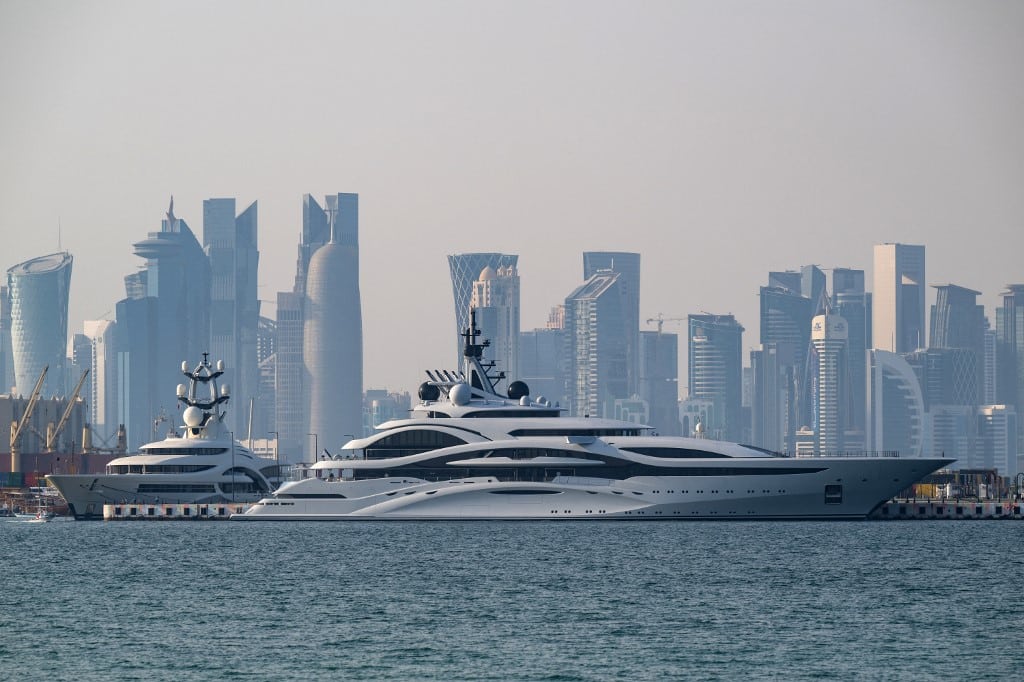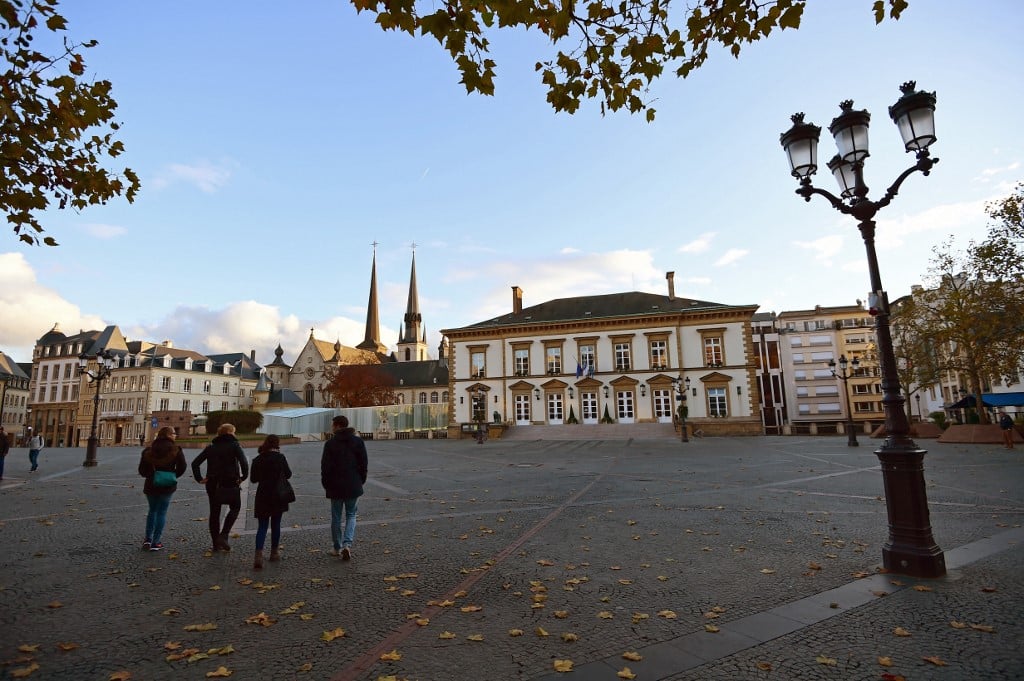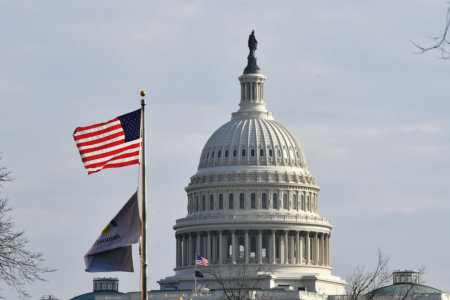
The richest countries in the world sound like great places to study at.
University is a journey of three to four years that will either make or break your future — and where better than somewhere with the best professors, facilities, dorms and fun stuff that money can buy?
Whether or not you have the funds for this, proceed with caution with this train of though.
Not all that glitters is gold — especially when it comes to deciding whether you should go to uni at one of the richest countries in the world.
The richest countries in the world: What many do not know
The richest countries in the world can be measured by various means. You can rank a country by the goods and services produced by a country during one year — also known as Gross Domestic Product or GDP.
You can use the gross national income or GNI. You can measure them by the number of millionaires or billionaires they have.
Whichever method you choose, know that they are not representative of what the average person’s life is like there.
While GDP is a popular way to measure, it doesn’t necessarily correspond to the average wage a person living in a given country earns,” explains the World Population Review.
“For example, the US’s GDP per capita in 2019 was US$65,279.50, but its average annual wage was US$51,916.27 and its median wage was US$34,248.45.”
The richest countries in the world may have severe income inequality — this means only a small percentage of people are wealthy while the rest are destitute.
And despite their GDP, GNI and millionaires, all the money in the world can’t help them solve all their problems — especially those that relate to natural disasters, the climate crisis and sudden trade fluctuations.
Does rich lead to rich well-being? That’s not a guarantee. Studies have shown that the richest countries in the world are not the same list fo countries that offer free education, free healthcare and great care for their poor and vulnerable.
And here’s an obvious revelation — studying at the richest countries in the world means you’ll have to pay a lot.
Living standards are high, which often translates to higher rent, healthcare, tuition fees, food, transport and more.
All of this does not mean you should avoid universities in the richest countries in the world.
Ultimately, you should choose to study in a country that’s the best fit for you. To decide well, it’s important to consider the following factors:
- Whether the subject you’re passionate about is offered
- Whether the degree you want comes with quality teaching, facilities and learning methods suitable to you
- Whether it prepares you for your chosen future
- Whether you’ll get the off-campus life you want
- Whether you’ll have the people, places, climate and lifestyle you want exposure to
- Whether you can grow as a person in this country
Read our list of richest countries in the world below to help you consider these factors:
Where do the wealthy learn? A guide to the best unis in the richest countries in the world
1. San Marino
Tiny San Marino is the oldest republic in Europe and the fifth smallest country on the map.
It might only have 34,000 citizens, but the country houses one of the world’s wealthiest citizenry. San Marino’s per-capita GDP was above US$48,000 in 2018, ranking the country as 15th globally.
The tiny nation displayed remarkable resilience during the pandemic and after amid tight monetary conditions and the energy crisis.
Most students who graduate from secondary school head to universities in Italy, all of which recognize San Marino diplomas as respectable educational accomplishments.
To study in Italy, the University of Bologna would be one of the best choices as it’s the largest institution in the country.
Here, there are plenty of options for international students, including study grants and exemptions, incentives, paid tutoring activities, prizes and subsidies.
2. US
The US is a popular international student hub for good reasons.
Eight of the world’s top 10 universities are in America, and that’s not even counting the numerous other universities down the list that are equally outstanding.
Of course, the best universities in the world came by their name through a strong faculty and state-of-the-art facilities.
American universities have spearheaded iconic breakthroughs, including the first successful human organ transplant to radiocarbon dating.
In terms of wealth, the top quintile of the US population earned over US$60,000 — many of them worked from home while their stock portfolios grew in value.
On top of that, they received stimulus checks.

There are several scholarships available — in public and private institutions — for you to study in world-class institutions in Norway. Source: Sergei Gapon/AFP
3. Norway
Did you know that a large part of Norway’s economy has been fueled by oil? As Western Europe’s top petroleum producer, the country has benefitted for decades from rising prices.
Norway is also renowned for its breathtaking scenery. The country is home to majestic snow-topped mountains, glaciers and deep coastal fjords.
The best part? There are not just one but several scholarships available — in public and private institutions — to help you make your study abroad dreams in Norway come true.
Given how expensive it is to pay full tuition on top of high living costs, that’s as great a deal as it gets.
Some of the best unis in this country include the University of Oslo. Ranked 101 globally in the QS University Rankings 2023, this institution is a leading European uni that aims to promote independent, pioneering and long-term research along with an outstanding education.
They offer 240 study programmes covering an incredible breadth of subjects. It has various postgraduate courses taught in English, including the likes of astronomy, data science, and European history.

Participants are seen next to a giant watch by German manufacturer of luxury and prestige watches A. Lange & Sohne at their booth on the opening day of during the luxury watch fair ‘Watches and Wonders Geneva’, on March 27, 2023 in Geneva. Source: Fabrice Coffrini/AFP
4. Switzerland
Three public research unis in Switzerland sit in the top 100 spots of the QS World University Rankings.
ETH Zurich, for instance, is considered among some of the world’s most prestigious institutions in science and technology.
The institute has produced over 20 Nobel Prize Laureates, including the father of modern physics and the inventor of the general theory of relativity Albert Einstein.
Switzerland is also one of the richest countries in the world. According to the 2022 Global Wealth Report by Credit Suisse, the country had a mean average wealth per adult at a whopping US$700,000.
Little wonder why this country has become a popular destination in recent years. As many as 12,300 international students have enrolled in a higher education institution in Switzerland at the start of the 2020 academic year, according to annual data published by the Federal Statistical Office — a 4% increase compared to 2019.

The UAE government has been working on initiatives to attract more international students to study in the country. Source: Giuseppe Cacace/AFP
5. United Arab Emirates
The United Arab Emirates (UAE) economy has become increasingly diversified.
Outside the traditionally dominant hydrocarbon sector, tourism, construction, trade and finance are major industries.
As energy prices recover, the UAE has quickly regained its historic position among the top 10 richest countries in the world.
The government has also been working on initiatives to attract more international students to study in the country.
Dubai, for instance, has 34 international higher education institutions; one in four students are from outside the UAE.
The country is home to 60 international university campuses. Ten of its higher education institutions are listed in the QS World University Rankings 2023.

Luxury yachts are seen in Doha on November 13, 2022, ahead of the Qatar 2022 World Cup football tournament. Source: Andrej Isakovic/AFP
6. Qatar
Ultramodern architecture. Luxury shopping malls. Large petrochemical reserves. These are some reasons why Qatar has stayed atop the list of the world’s richest nations for 20 years.
The city features stunning desert landscapes and sweeping beaches. Its capital, Doha, is a cosmopolitan city, with skyscrapers and glitzy malls sitting alongside architectural landmarks.
Public schools receive government funding, with massive investment ploughed into higher education to attract academic talent and create a knowledge-based research think-tank economy.
One prime example is Education City, a five-square-mile campus hosting hubs and satellite branches of some of the world’s most esteemed universities, such as Texas A&M University, Carnegie Mellon University, HEC Paris, and more.
This allows students to gain internationally recognised elite degrees from all around the world without having to leave Qatar.

A man walks in front of the Rolex watch retail shop at a shopping mall in Singapore on January 20, 2015. Luxury Swiss watches including Rolexes and Franck Mullers are selling like hotcakes in Singapore as buyers anticipate a price hike due to the appreciation of the Swiss Franc, retailers here said on January 20. AFP PHOTO / ROSLAN RAHMAN (Photo by Roslan RAHMAN / AFP)
7. Singapore
If you think the best universities in the world are only based in the West, think again.
For several years running, Asian universities have been rising in the QS World University Rankings.
This includes Singapore — with its flagship institution, the National University of Singapore, ranking 11th globally and first in Asia.
Nanyang Technological University is ranked 19th globally. EHL Hospitality Business School is ranked as the world’s #1 university in hospitality management.
The city is an affluent fiscal haven where capital gains and dividends are tax-free.
It’s why many high net-worth individuals choose to call Singapore home, including the founder of the medical equipment firm Mindray, Li Xiting, whose net worth is estimated at US$15.6 billion.

People walk in front of Luxembourg City Hall in Luxembourg. Source: Emmanuel Dunand/AFP
8. Luxembourg
Situated at the heart of Europe, this small nation of close to 650,000 has plenty to offer.
Luxembourg uses a large share of its wealth to deliver better housing, healthcare and education to its people, who enjoy the highest standard of living in the Eurozone.
Little wonder why unis in Luxembourg rank highly internationally for the quality of their education and research.
The country’s best schools are the University of Luxembourg, the Lunex University and Sacred Heart University.
The best part? Higher education in Luxembourg is typically multilingual, with different classes being taught in one of the three national languages.
That said, there’s a large and increasing number of programmes taught entirely in English.

Ireland’s seven public universities are all ranked within the world’s top 700 in the QS World University Rankings 2019. Source: Paul Faith/AFP
9. Ireland
Ireland is one of the world’s largest corporate tax havens.
Halfway through the 2010s, many large US firms — Apple, Google, Microsoft, Meta and Pfizer, to name a few — moved their fiscal residence to Ireland to benefit from its low corporate tax rate of 12.5%, one of the most attractive in the developed world.
In 2022, these multinationals accounted for about 56% of the total value added to the Irish economy, according to figures from the Central Statistics Office.
The Irish higher education system is well-reputed for its close industry links, strong academic programmes, and high standard for scientific research.
Its universities climb the global rankings every year; big names include the University of Limerick and Trinity College Dublin. Combined with affordable fees, it’s easy to understand why it is increasingly appealing to study in Ireland.
Whether you want to study sports science or law, the booming research culture is a welcoming addition to many international students.
“Innovation is something that Ireland is well known for, and most institutions have excellent courses that embrace innovation,” Farook Lalji, director of Nairobi-based Koala Education Consultants, told The Pie News.










